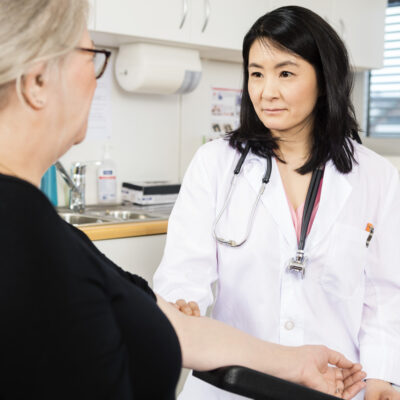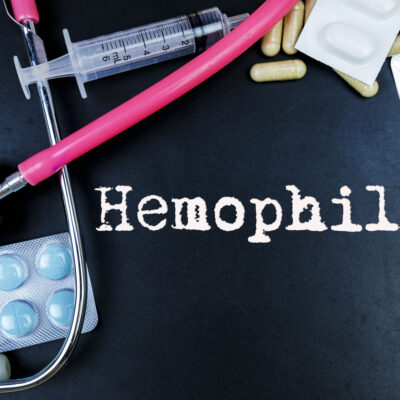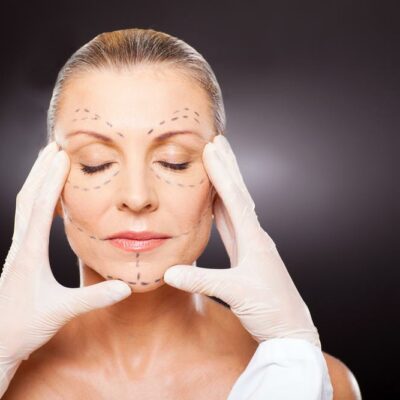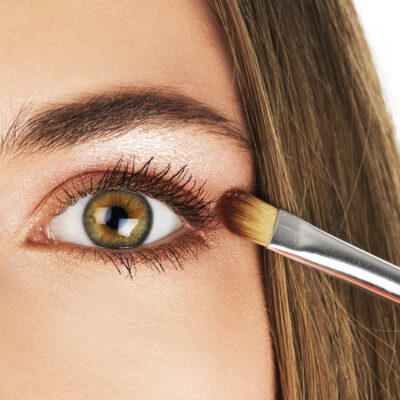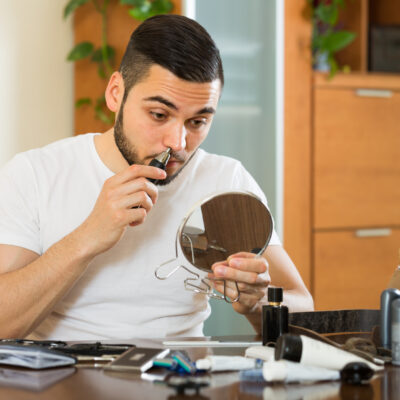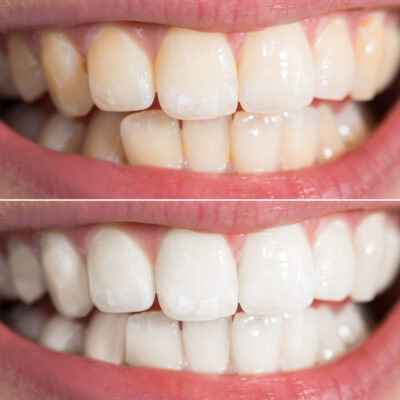
Health
Top Treatments for Sleep Apnea
Sleep apnea is a disorder that can seriously affect one’s quality of life as it is a hindrance to a good night’s sleep, leads to chronic tiredness and daytime sleepiness. It can also be fatal. But due to the availability of various treatments for sleep apnea, the problems posed by this disorder can be solved easily. In this article, we explore the various treatments available to treat sleep apnea: 1. PAP therapy One of the most common treatments for sleep apnea is PAP (Positive Airway Pressure) therapy. This procedure uses a face mask-like device to provide a constant flow of air, ensuring regular breathing. These devices are of great help in making sure you sleep peacefully and don’t experience breathing difficulties. Problems like snoring during sleep are also resolved. There are different devices for PAP therapy such as: Continuous Positive Airway Pressure (CPAP): It is one of the most popular devices used. This device is suitable for those who have severe to moderate sleep apnea problems. The air pressure is set higher than that of the air outside. A mask delivers air continuously. Auto CPAP: In this device, there is no need to set the air pressure. It changes automatically depending on various parameters.
Read More 





